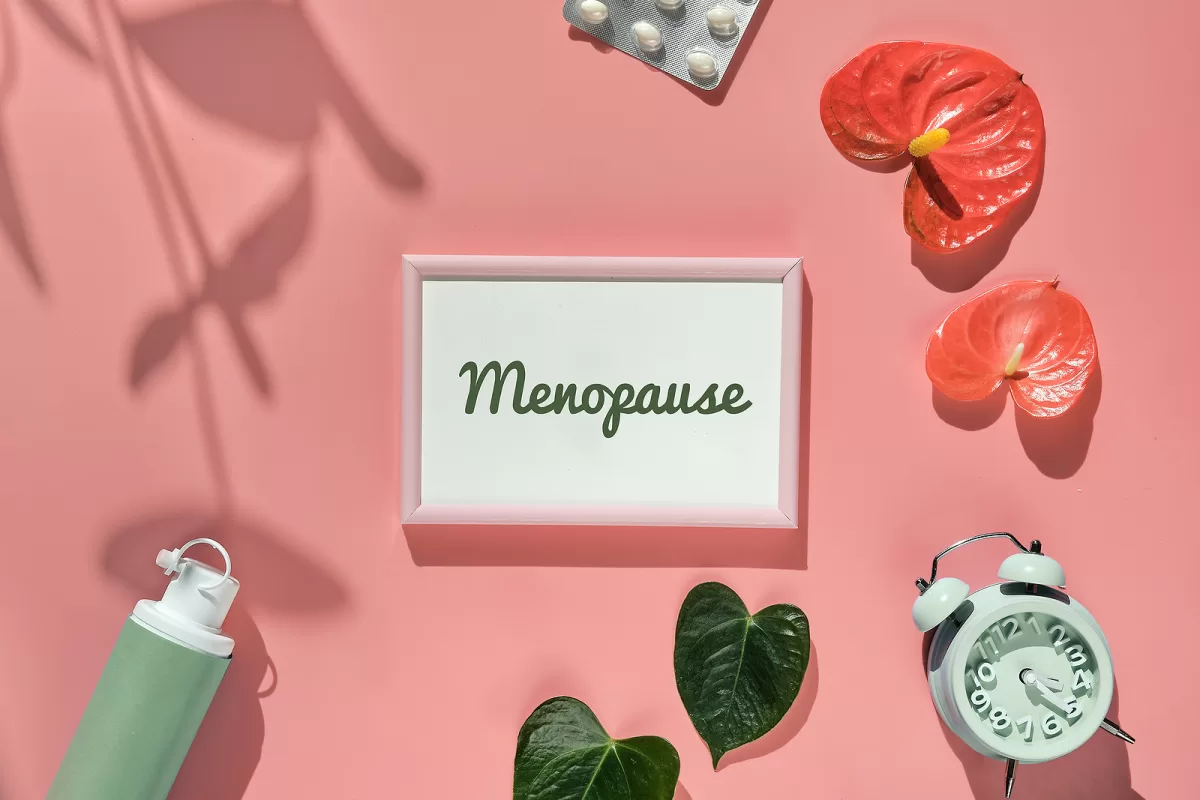For something that happens to all women and has always happened to them, there is still a lot to say about menopause. New research continues to be published on a constant basis, and there is always room for new conversations about how women have dealt with this part of their lives.
Naomi Watts Interview
In a recent interview with HELLO! Magazine, the actress Naomi Watts opened up about her experience with menopause. She started experiencing menopause symptoms at an earlier age than most would expect. Typically, the onset of menopause is between 45-55. When symptoms start earlier, it can be surprising, confusing, and overall a difficult experience.
“Going through menopause at such a young age was not easy, especially during a time when there was so little information available about it,” she explained to the publication. “Mood swings, night sweats, and migraines…I was feeling like I was spiraling out of control.”
After her experience with an early onset of menopause, Naomi decided to partner with the non-profit Menopause Mandate, whose goal is “revolutionising the support and advice women receive from both our health service and wider society.” After having success in the UK, the organization is now working with menopause experts, celebrities, politicians, and more in the US to continue its mission.
You can read more of the Naomi Watts interview at HELLO!
New York Times Podcast
A recent episode of The Daily, the NY Times Podcast, hosts a writer who discusses how the perception of menopause and hormone treatments have changed over the years. According to the synopsis, “Some of the worst symptoms of menopause — including hot flashes, sleeplessness and pain during sex — have an established treatment. Why aren’t more women offered it?”
Hormone replacement therapy has been available for women for decades. After the WHI studies were published and showed some adverse effects, there was widespread dismissal of hormone replacement. However, recent revisions to how that study was interpreted have shown that hormone replacement is still safe and effective for many women.
Susan Dominus, the writer interviewed for this podcast, does not specifically promote hormone replacement therapy, as it is not right for all women and really comes down to their choice. However, she opens up the conversation around hormone replacement to show that it should not be dismissed and can help many women.
In addition, the public perception of menopause is discussed, as well as how the way that media portrays women in menopause has significant effects on many women’s lives.
More information on the podcast at The New York Times.
Study: The Delicious Snack Shown to Reduce Menopause Symptoms
In a study published in the journal Menopause, it was shown that patients who consumed 1/2 cup of cooked soybeans daily had significantly reduced incidence of hot flashes compared to a group that maintained their regular diet.
In the 1980s, a study found that hot flashes were less prevalent among a population of women in Japan than in Western countries. One theory of this difference is the different dietary patterns of women in Japan – which include more rice, vegetables, and often soy products.
According to the researchers: “These studies suggest that a plant-based diet and daily soybean consumption may reduce the frequency of hot flashes and that this combination may be more helpful than either a diet change or soy supplementation alone.”

